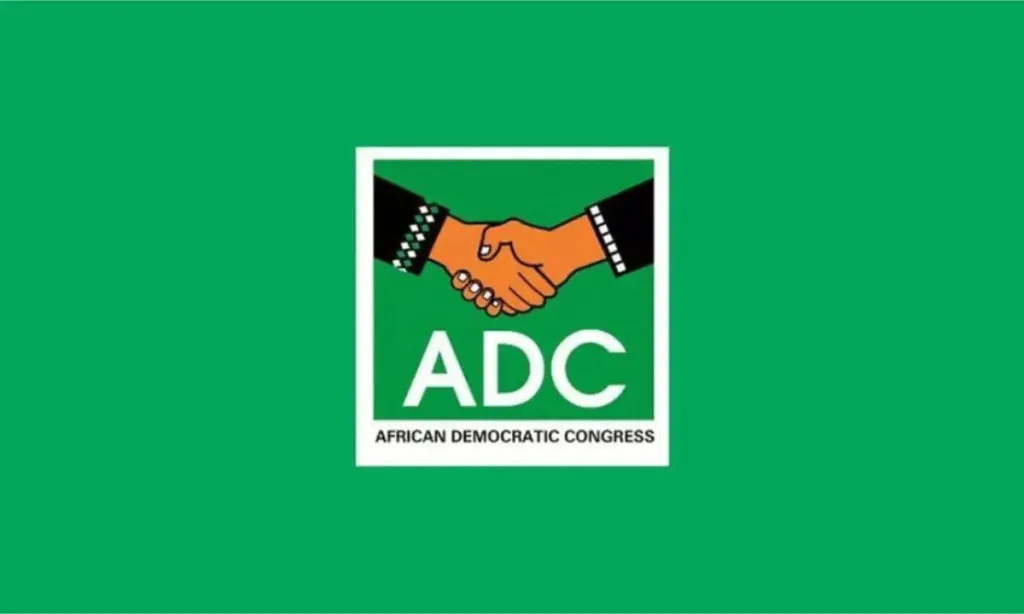Nigerian politician and filmmaker Prince Tonye Princewill has raised concerns about the viability of the newly formed opposition coalition led by the African Democratic Congress (ADC), warning that the alliance risks replicating Nigeria’s political status quo unless it prioritizes youth inclusion and clear policy frameworks. Speaking during a televised interview on Arise TV, Princewill acknowledged the coalition’s potential to challenge the ruling All Progressives Congress (APC) but criticized its current approach as lacking innovation.
“The absence of fresh blood in the coalition is troubling,” he said, stressing that Nigeria’s younger generation remains underrepresented in key political roles. “Without their active participation, we’re destined to repeat the same patterns.” Princewill, known for his dual career in politics and entertainment, argued that opposition parties often fail to articulate concrete solutions to national challenges, focusing instead on criticizing the APC. “Voters see what these groups oppose, but not what they stand for,” he said. “The vacuum of ideology in Nigerian politics undermines meaningful progress.”
He singled out issues like youth unemployment as areas requiring urgent, targeted strategies, noting that most parties lack actionable plans to address them. “Securing power without clear policies on job creation or youth empowerment would lead to business as usual,” he cautioned. Despite these critiques, Princewill warned the APC against dismissing rising public dissatisfaction, particularly amid economic hardships and governance concerns. “The ADC could win future elections if they refine their approach,” he said, adding that credible polling would likely reflect widespread frustration with the APC’s performance.
However, he emphasized that electoral victory alone is insufficient. “The goal shouldn’t be to win power—it should be to use that power to transform Nigeria,” he said, calling for reforms that prioritize national development over partisan interests. His remarks come as opposition groups seek to consolidate support ahead of Nigeria’s 2027 general elections, with the ADC-led coalition positioning itself as an alternative to the APC and the main opposition Peoples Democratic Party (PDP).
Political analysts note that Princewill’s critique echoes broader debates about Nigeria’s need for generational leadership shifts and policy-driven campaigns. While the APC has yet to respond publicly, the coalition’s ability to address these challenges could determine its traction among voters seeking change. For now, Princewill’s analysis underscores the high stakes for Nigeria’s opposition—and the ruling party—in a political landscape increasingly shaped by public demand for accountability and vision.
